Salt/Oil/Sugar-Free Menu
The SOS diet, or No Salt, No Oil, No Sugar diet
In the salt/oil/sugar-free diet (SOS diet), individuals are encouraged to focus on whole, unprocessed foods, emphasizing fresh fruits and vegetables, whole grains, lean proteins, and legumes. Cooking methods that involve little to no oil, such as steaming, baking, or sautéing in water or vegetable broth, are preferred. Added sugars, including those found in sugary beverages and processed snacks, are replaced with natural sweeteners like dates or unsweetened alternatives. Salt is either eliminated or used sparingly, with herbs and spices often taking its place to add flavor to dishes. At Chakra we strive to innovate the best tasting recipes without the use of salt, oil and sugar, making them as enjoyable as our dishes which contain salt, oil and/or sweetener. Diners are often surprised at how much flavor we are able to produce by mixing ingredients such as ginger, galangal, lemongrass, chili, cashew, turmeric, basil, dill, star anise, cloves, lime, dates, figs and agave.
Note: All dishes can be made nut-free, soy-free and without nightshades. Just ask!
Salads
Our selection of salads
-
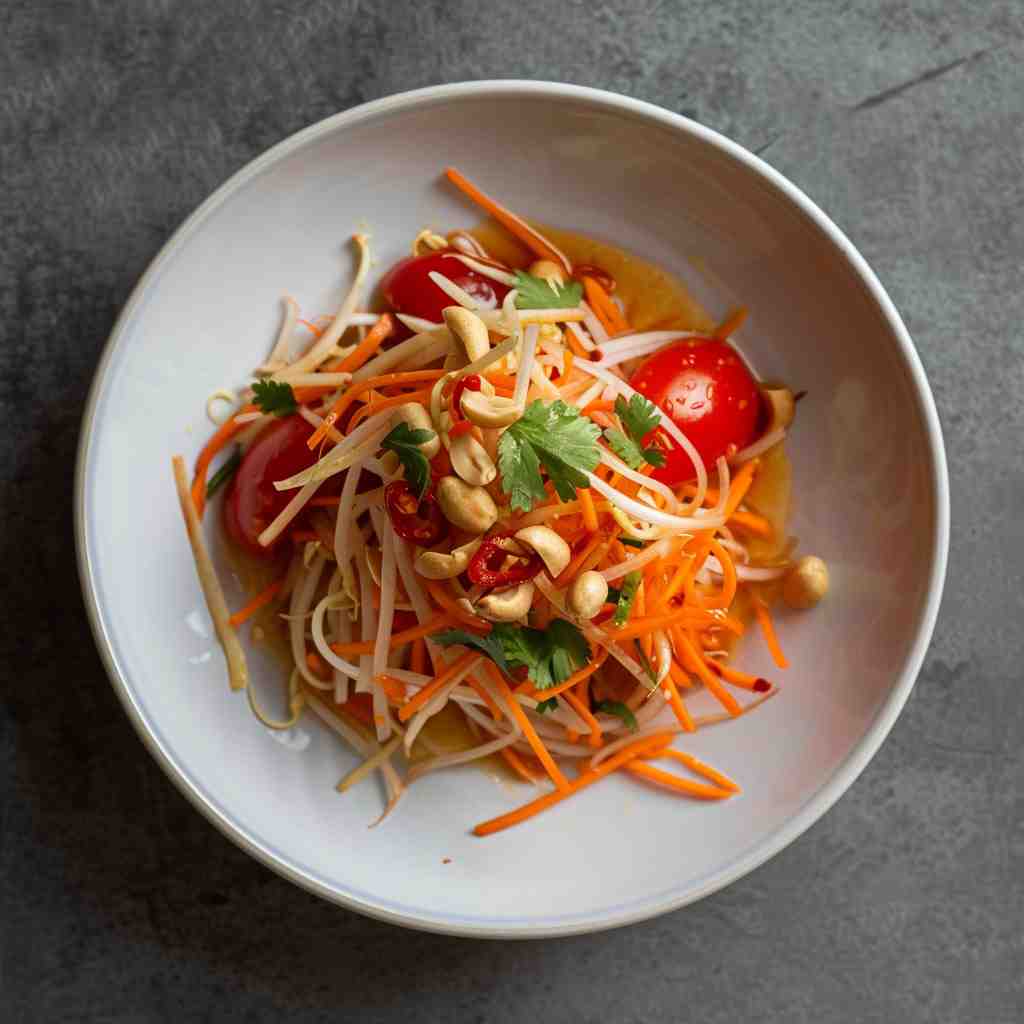
Papaya Salad 15
Shredded papaya and carrot with chili, lime, tomato, peanuts in a tangy spicy dressing made with fresh lime juice and crushed chili peppers. Ask for minced garlic to be added to the dressing if you prefer.
-
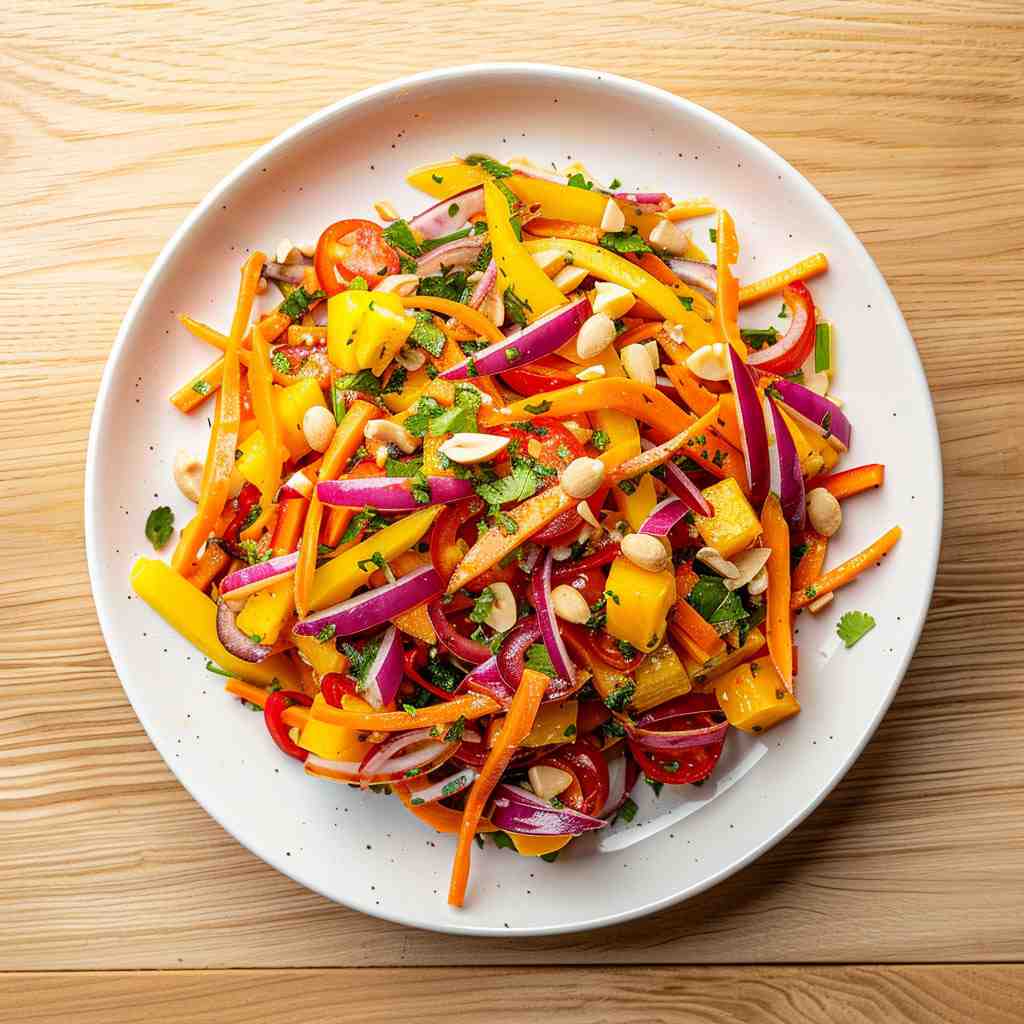
Mango Salad 15
Strips of young mango with carrot, tomato, red onion, cilantro and peanuts in a tangy spicy dressing made with fresh lime juice and crushed chili peppers.
-
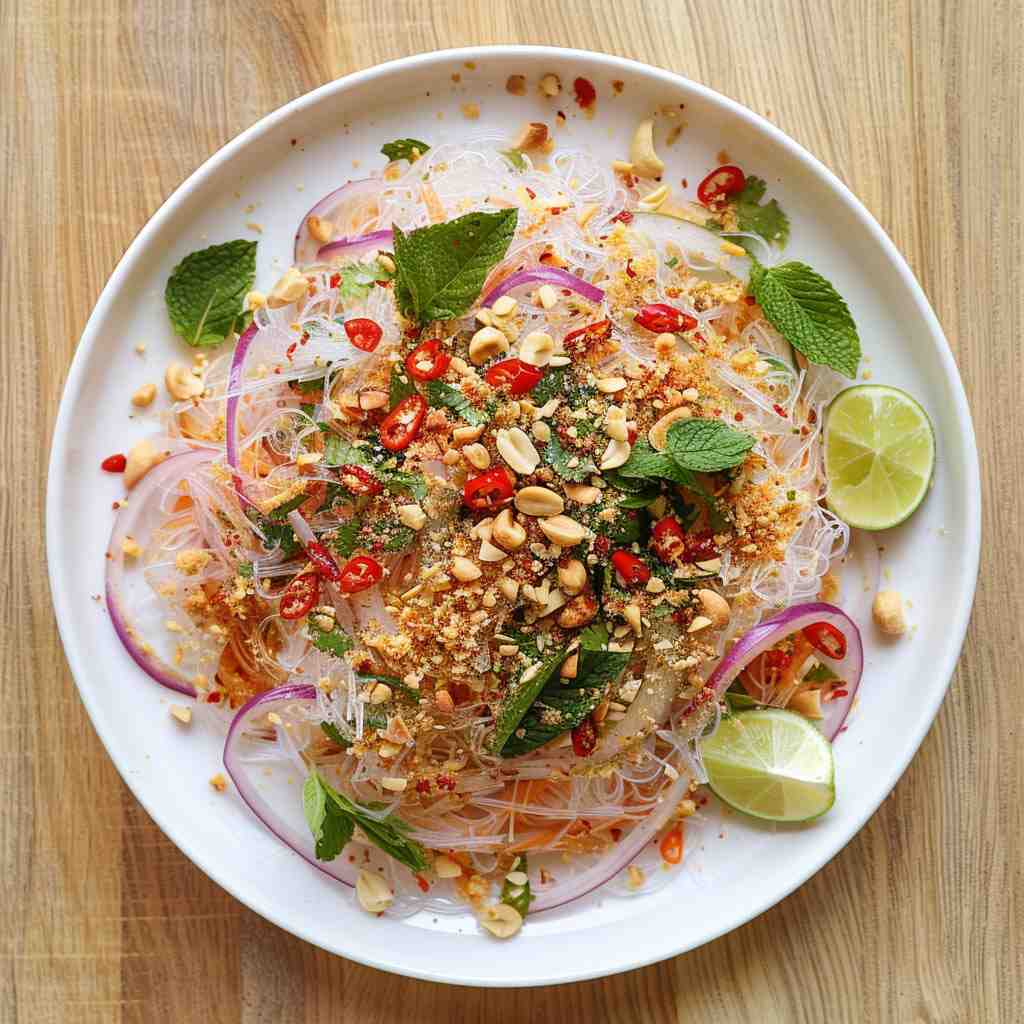
Glass Noodle Salad 15
Mung bean noodles, roasted rice powder, chili flakes, lime, mint, lemongrass, red onion and peanuts in a tangy spicy dressing made with fresh lime juice and crushed chili peppers.
Soups
Our selection of soups
-
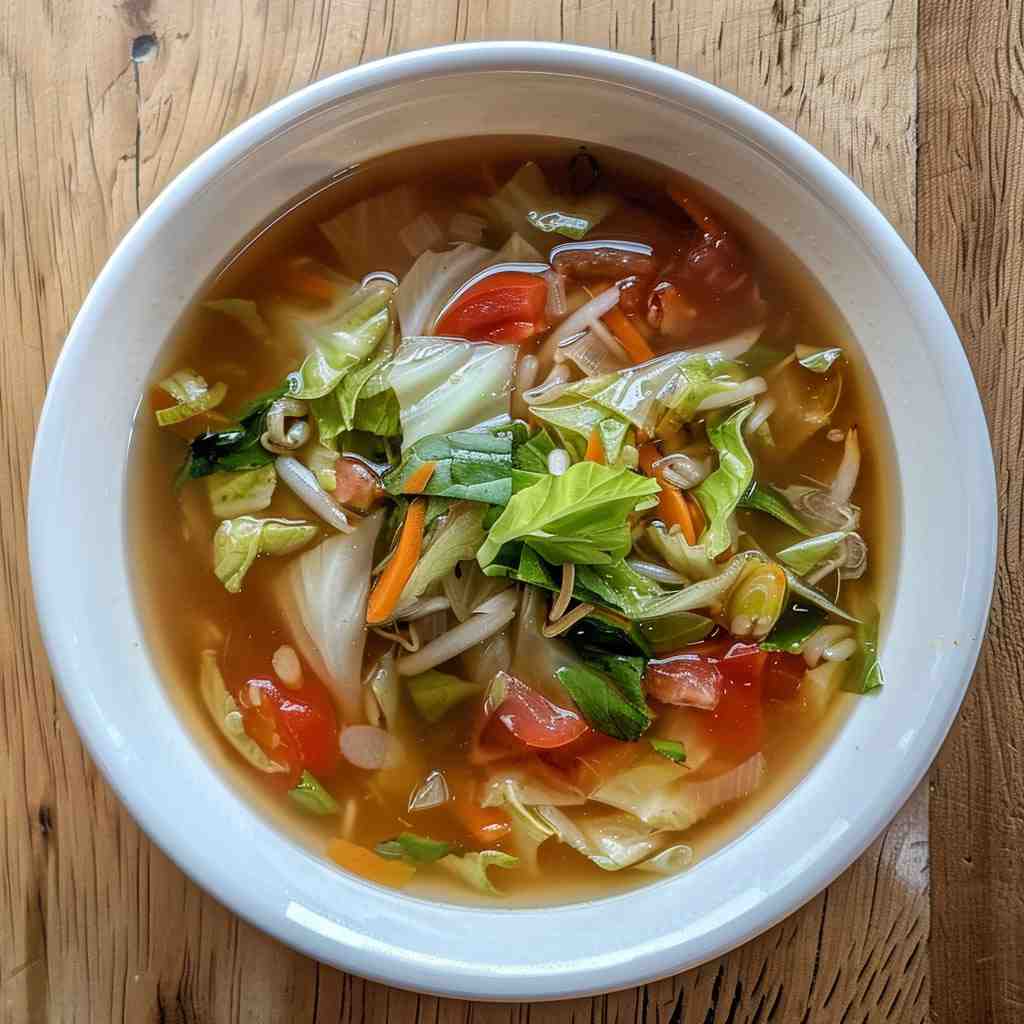
Spicy Sour Soup (Tom Yam) 15
Spicy sour clear broth with cabbage, peas, squash, tomato, chili, lemongrass and lime leaf. Touch of coconut milk to harmonize the flavors. Be sure to specifiy low salt/sodium and low sugar, or no salt or sugar at all.
-
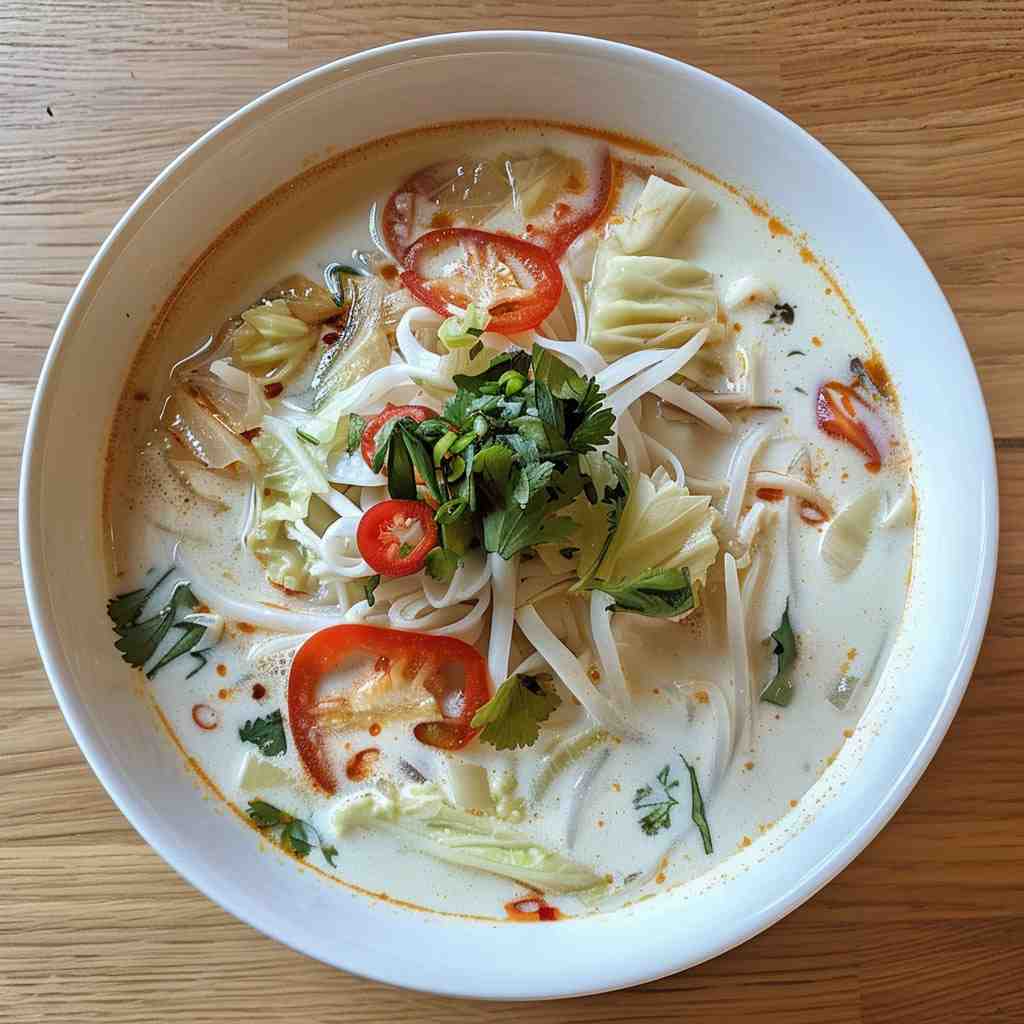
Noodle Coconut Milk Soup 15
Creamy spicy soup with cabbage, squash, tomato, peas, coconut milk, chili, lemongrass, lime leaf and rice noodles.
-
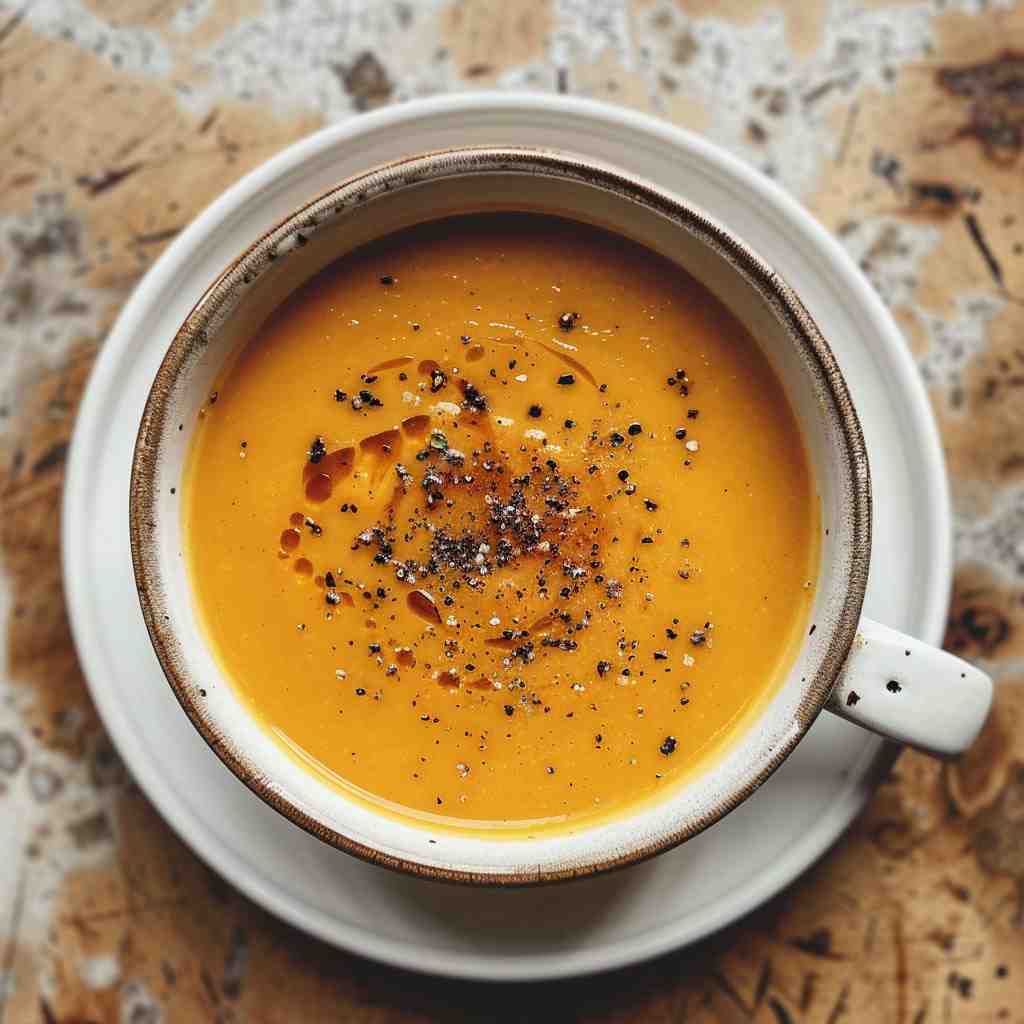
Pumpkin Soup 15
Asian pumpkin, coconut milk and tamarind blended into a light healthy soup. Dish can be made without coconut milk.
-
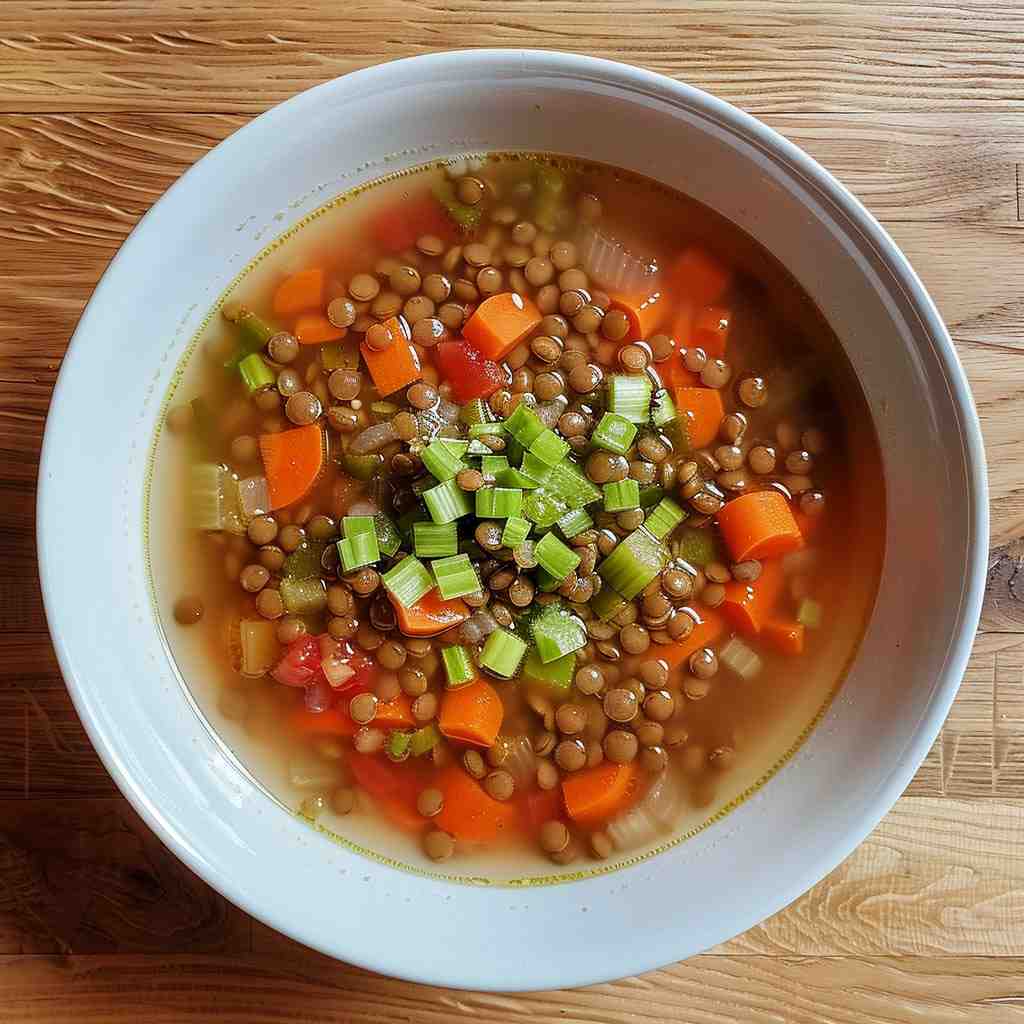
Lentil Soup 14
Lentils, celery and mixed vegetables in a savory broth. Dish can be made low salt and sugar, or 100% salt and sugar free.
-
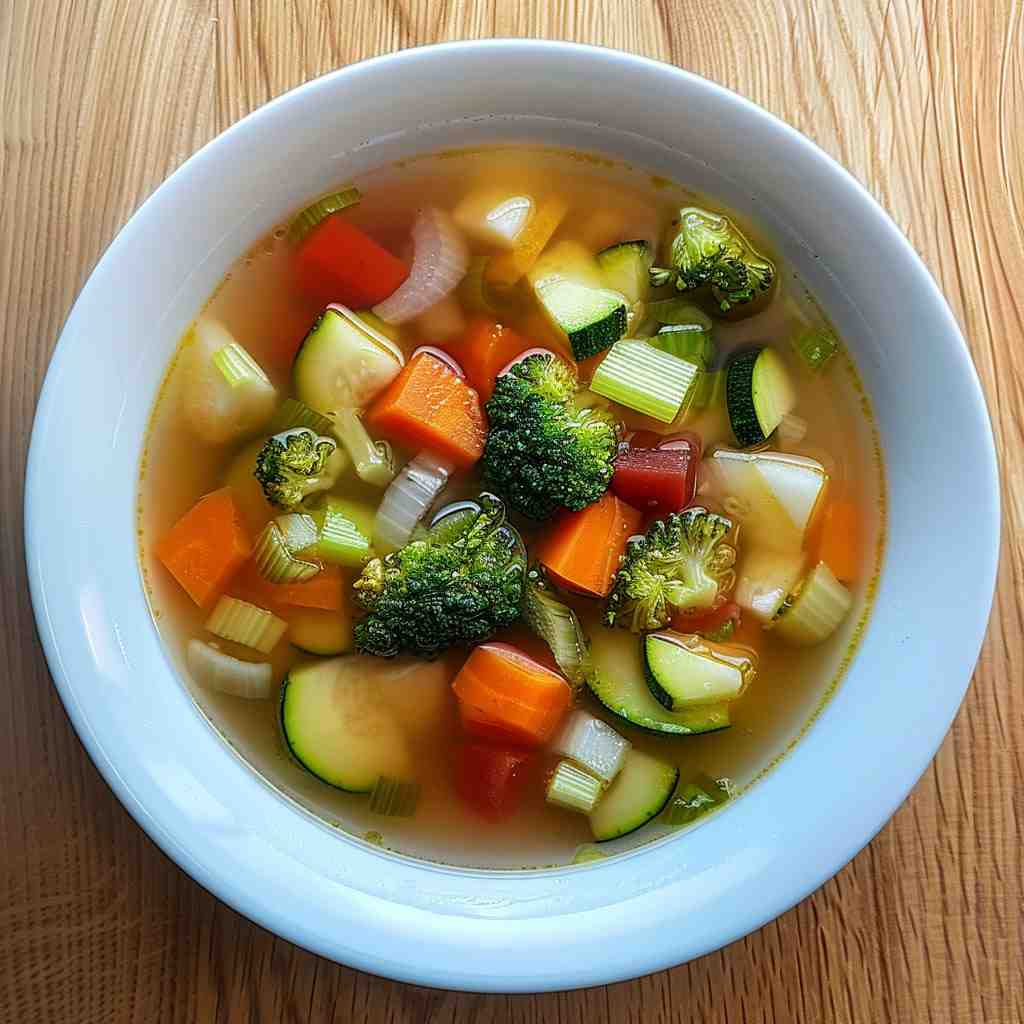
Vegetable Soup 14
Mixed vegetables in a savory broth. Dish can be made low salt and sugar, or 100% salt and sugar free.
Side Dishes
-
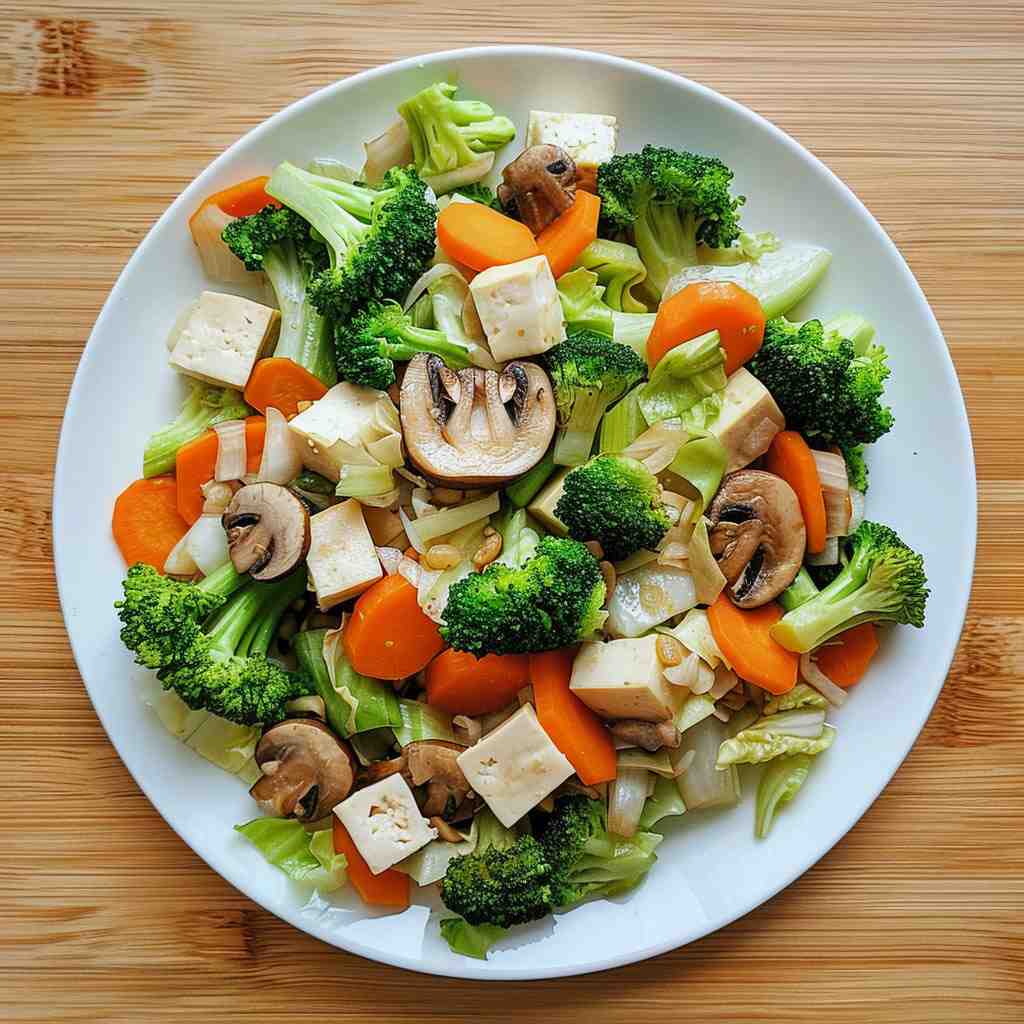
Steamed Vegetables with Tofu and Mushrooms 15
Broccoli, cabbage, squash, green bean, tofu and shiitake mushrooms. Served with peanut sauce or ginger carrot dressing. Sauce and dressing can be made with small amount of olive oil, salt and sugar, or 100% oil, salt and sugar free.
Curries
-

Green Curry 17
Slightly sweet, spicy curry with squash, green bean, bell pepper, lime leaf, lemongrass. Served with steamed brown- red rice or white jasmine rice. Dish can be made without coconut milk.
-

Red Curry 17
Creamy curry with red chili, cabbage, squash, bell pepper, pineapple and basil. Served with steamed brown-red rice or white jasmine rice. Dish can be made without coconut milk.
-
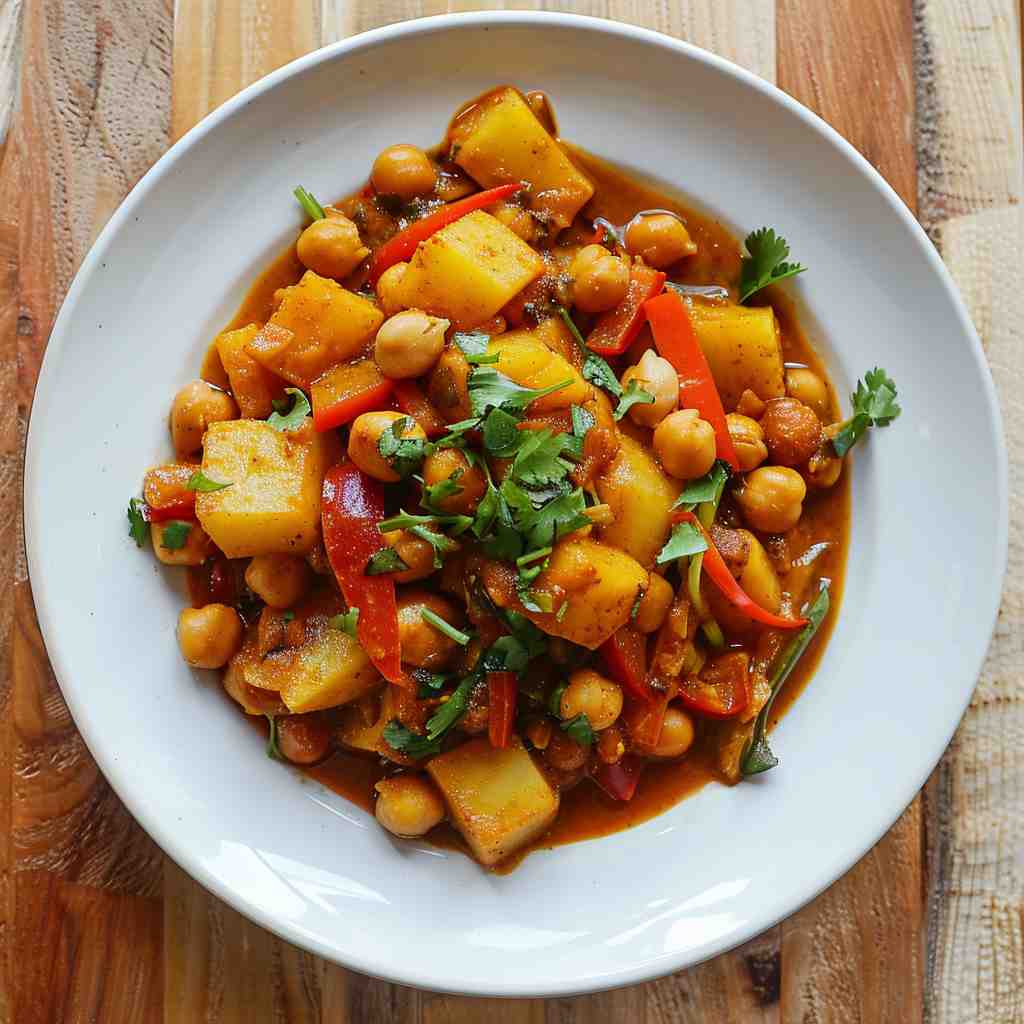
Massaman Curry 17
Potato, chickpeas, broccoli, carrot, onion and bell pepper in a savory spicy Thai-Indian sauce. Dish can be made with a small amount of soy sauce and tamarind which is slightly sweet, or 100% salt and sugar free. No oil is added to this dish and it can be made without coconut milk upon request.
-

Haw Mok (NE Thai style curry) 18
Ground mixed vegetables and bamboo with a spicy savory sauce made with coconut milk, chili pepper and dill. Dish can be made without coconut milk.
-

Lentil Curry 17
Lentils, chili, coconut milk, squash, turmeric, cardamom, cumin seed, coriander seed, mustard seed and cloves. Served with steamed brown-red rice or white jasmine rice. Dish can be made without coconut milk
-

Mountain Curry 18
Thick curry made with green bean, bamboo, tofu, cabbage, chili, cumin, dill, lime leaf, ground into a thick paste. Served with steamed brown-red rice or white jasmine rice. Dish can be made without coconut milk.
-
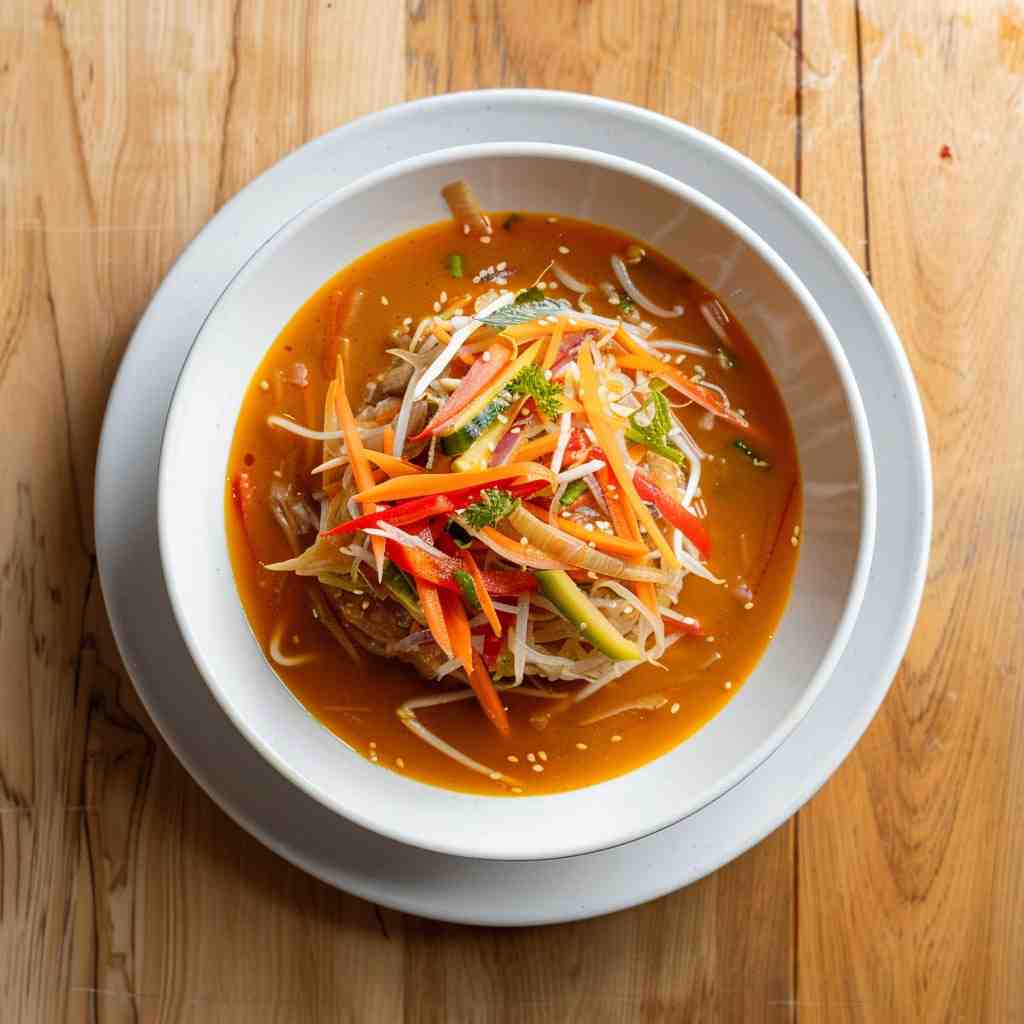
Gaeng Som (Orange Curry) 18
A delicious sour curry made without coconut milk or oil. A great filling yet no oil option. Dish made with low salt and sugar or 100% salt and sugar free.
Rice and Noodles
-
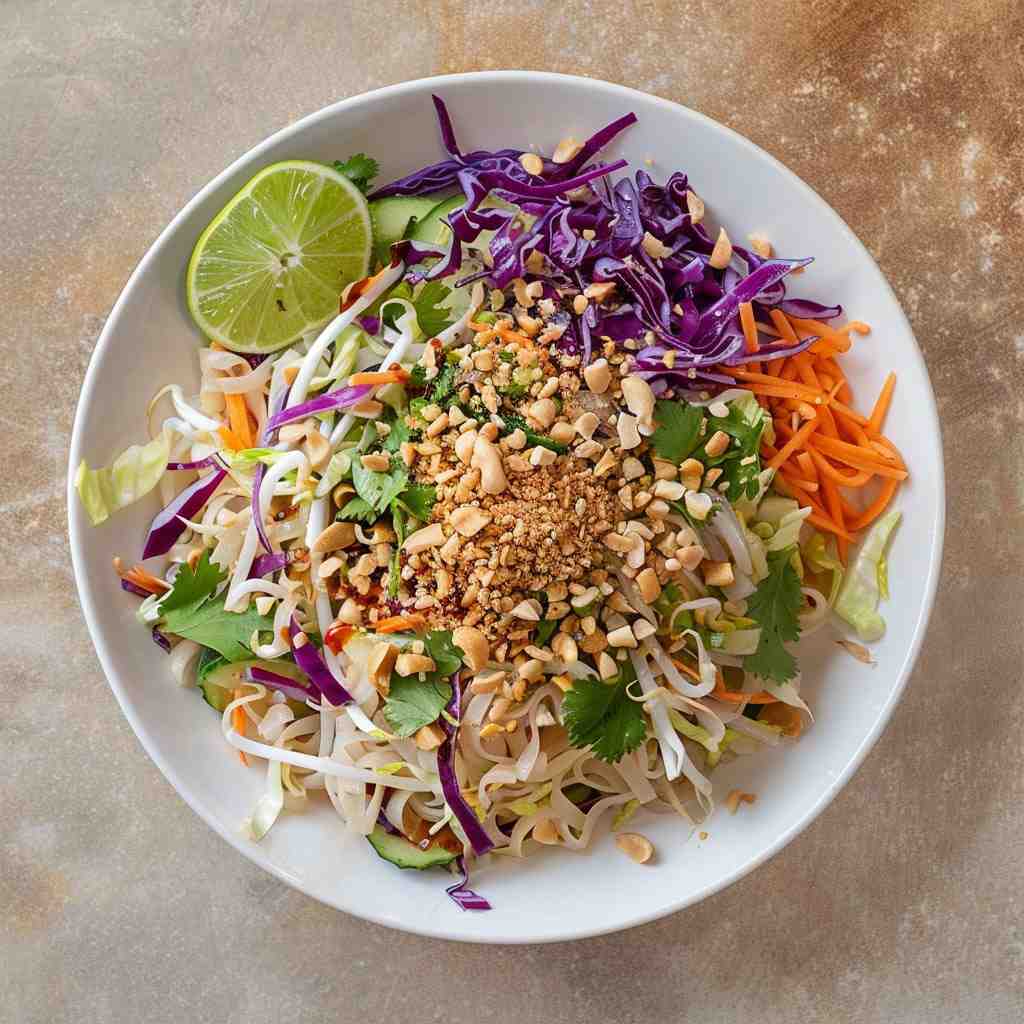
Pad Thai 17
Steamed version of the classic Thai noodle dish with kale, tomato, carrot, tamarind and peanut. Dish made with a small amount of coconut milk or without coconut milk.
-
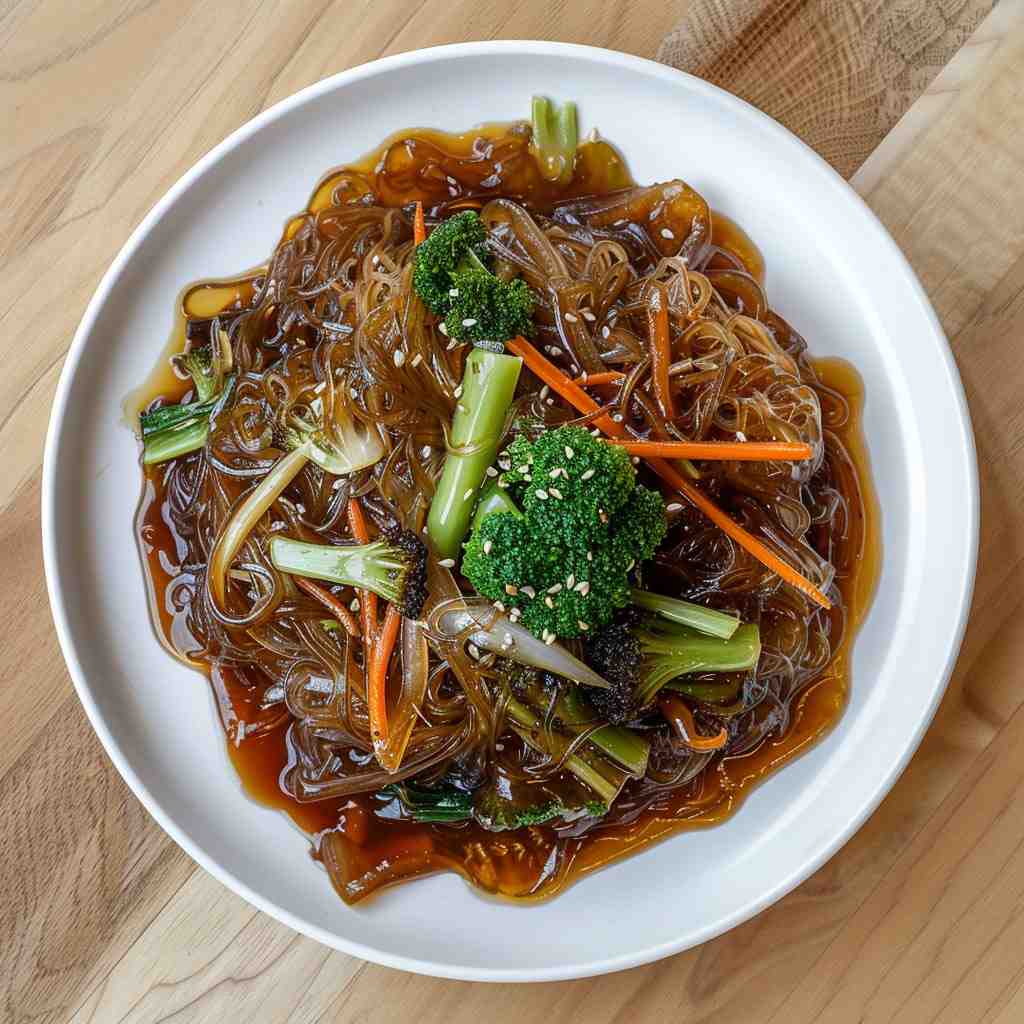
Clay Pot Glass Noodles 17
Mung bean noodles, ginger, shiitake mushroom, carrot, celery leaf and black pepper in a slightly spicy, savory sauce. Dish can be made with low oil, low salt and low sugar, or 100% oil/salt/sugar free.
Additional Notes:
Introduction
The SOS diet has garnered attention in recent years as a holistic approach to health and well-being. Proponents claim that eliminating these three components can lead to significant improvements in overall health, weight management, and prevention of chronic diseases.
Principles of the SOS Diet
The SOS diet is based on the elimination of salt, sugar, and oil from one's diet. Each of these components has been linked to various health issues, and their removal aims to promote a more natural and wholesome way of eating.
Salt-Free
Salt, or sodium chloride, is essential for various bodily functions, but excessive consumption is associated with hypertension, heart disease, and stroke. The World Health Organization recommends a daily intake of less than 5 grams of salt. However, the average intake in many countries including the U.S. far exceeds this. The salt-free component of the SOS diet encourages the consumption of foods in their natural state, avoiding processed and packaged foods high in sodium.
Sugar-Free
Added sugars are ubiquitous in modern diets, contributing to obesity, type 2 diabetes, and dental problems. The sugar-free aspect of the SOS diet focuses on eliminating refined sugars and sweeteners, advocating for naturally occurring sugars found in fruits and vegetables. This approach not only reduces calorie intake but also stabilizes blood sugar levels and decreases the risk of metabolic disorders.
Oil-Free
While some fats are essential for health, the oil-free component of the SOS diet targets the elimination of processed oils, which are calorie-dense and often stripped of their nutritional value. Instead, it encourages the consumption of whole food sources of fats, such as nuts, seeds, avocados, and olives. This shift promotes a more balanced intake of healthy fats and reduces the risk of obesity and cardiovascular diseases.
Potential Benefits of the SOS Diet
Adopting a salt-free, sugar-free, oil-free diet can offer numerous health benefits, supported by scientific evidence and anecdotal reports.
Weight Management
One of the most notable benefits of the SOS diet is weight management. By eliminating high-calorie, nutrient-poor foods like sugary snacks, processed foods, and oil-laden dishes, individuals can naturally reduce their calorie intake. Whole foods, rich in fiber and nutrients, promote satiety and prevent overeating, leading to sustainable weight loss.
Cardiovascular Health
The reduction of salt, sugar, and oil intake significantly impacts cardiovascular health. Lowering salt intake helps manage blood pressure, reducing the risk of hypertension and related complications. Avoiding added sugars decreases the risk of developing type 2 diabetes and metabolic syndrome. Additionally, eliminating unhealthy oils supports heart health by lowering bad cholesterol levels and promoting better lipid profiles.
Improved Digestion
Whole, unprocessed foods are rich in dietary fiber, which is crucial for healthy digestion. The SOS diet emphasizes fruits, vegetables, legumes, and whole grains, all of which support gut health and a balanced microbiome.
Enhanced Energy Levels
Many people report increased energy levels and improved overall well-being on the SOS diet. By fueling the body with nutrient-dense foods, individuals experience more stable blood sugar levels, preventing the energy crashes associated with high-sugar diets. The elimination of processed foods also reduces inflammation and oxidative stress, contributing to better physical and mental health.
Challenges of the SOS Diet
While the SOS diet offers numerous benefits, it also presents certain challenges that individuals must navigate to ensure long-term adherence.
Accessibility and Convenience
One of the primary challenges of the SOS diet is accessibility. At Chakra we hope to change this reality and ultimately make healthy SOS food available to anyone in the NYC area who wants it. We understand that processed and packaged foods are often more convenient and affordable than whole, unprocessed options, but we believe that in the future the economics. We already offer our color balanced bowls (on our fruitarian menu, but all SOS friendly dishes) which are complete and filling meals for just about the same price as a meal at local quick service restaurants.
Nutritional Balance
Eliminating entire categories of foods requires careful attention to nutritional balance. Without proper planning, individuals may risk deficiencies in certain nutrients, such as iodine (from salt), healthy fats (from oils), and essential vitamins and minerals. It's also recommended that one consults with a healthcare professional or a registered dietitian to be sure nutritional needs are being met.
Experimenting with Flavors
Eliminating salt, sugar, and oil doesn't mean sacrificing flavor. At Chakra we are constantly experimenting with combinations of herbs, spices and other natural flavor enhancers to create delicious and satisfying meals.
